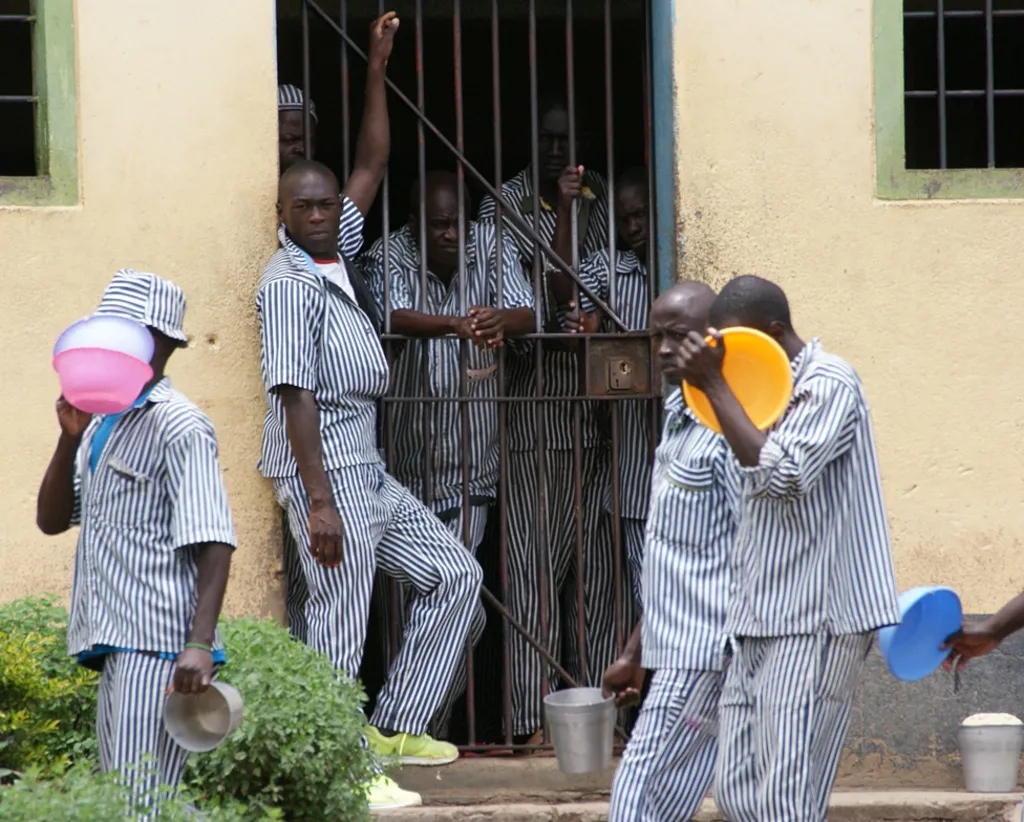
Junior prison officers pocketing director salaries, EACC systems audit reveals
The Ethics and Anti-Corruption Commission (EACC) has identified 87 corruption-prone areas within Kenya’s correctional services countrywide.
An examination of the systems, policies, procedures, and practices of the Kenya Prisons Service (KPS), conducted by the Commission across a sample of 32 prison stations, revealed weak internal controls and a lack of financial accountability, factors that have fuelled corruption within the institutions.
One of the key findings showed that funds confiscated from inmates by prison officers cannot be accounted for once the inmates have completed their sentences, raising serious concerns about bribery and misappropriation of funds.
Furthermore, limited financial accountability was identified, with losses incurred through unauthorised or erroneous payments costing the taxpayers.
Additionally, the Commission noted weak internal payroll controls, where payroll records did not match with officers’ designated job groups within the service.
For example, some low-ranked officers are earning salaries equivalent to those of directors, while individuals holding those senior positions are drawing salaries of junior officers.
The Commission also established that there were no separate accounts for farms and Industries run by the service, leading to misallocation and misappropriation of public funds.
The Commission also highlighted the lack of standardised procurement plans, citing an example where Mombasa Remand Prison purchases a 50kg bag of sugar at Ksh15,000, while the same quantity costs Ksh8,000 at Shimo La Tewa Prison.
Low morale among inmates was highlighted as a concern, with prisoners earning as little as 20 cents for work performed both within and outside their respective stations.
Additionally, the Commission noted a shortage of inmate uniforms, which has created opportunities for bribery and the irregular exchange of uniforms as a form of trade among inmates.
The EACC also uncovered serious health risks, including inadequate access to medication and instances where inmates were forced to consume expired drugs, leading to increased healthcare costs and endangering inmate welfare.
The audit also highlighted encroachment of prison land as a significant concern, noting that the Kenya Prisons Service (KPS) lacks valid title deeds, which has allowed private developers to encroach on their lands.
The commission recommended the automation of the financial systems within the service to discourage officers from engaging in corruption.
In response, the Principal Secretary, State Department for Correctional Services, Dr Salome Muhia Beaco in response stated that the weaknesses established within the service are currently being addressed in observance with the Nelson Mandela rules.
Dr Muhia said they are set to meet with the Public Service Commission to address the HR concerns raised by the commission and the issue of Ghost workers within KPS.
She noted that out of the 135 prisons, only 46 are equipped with beds, while 89 are yet to receive them. She added that in the coming months, efforts are underway to ensure all inmates have a decent place to sleep, in line with the Nelson Mandela Rules.
